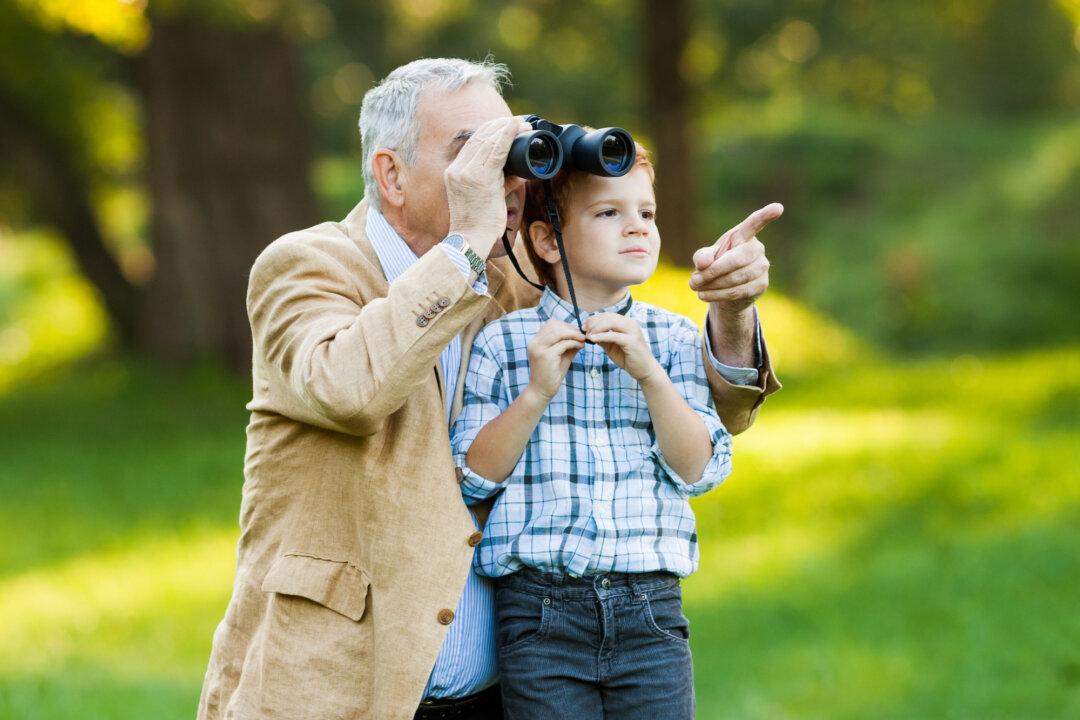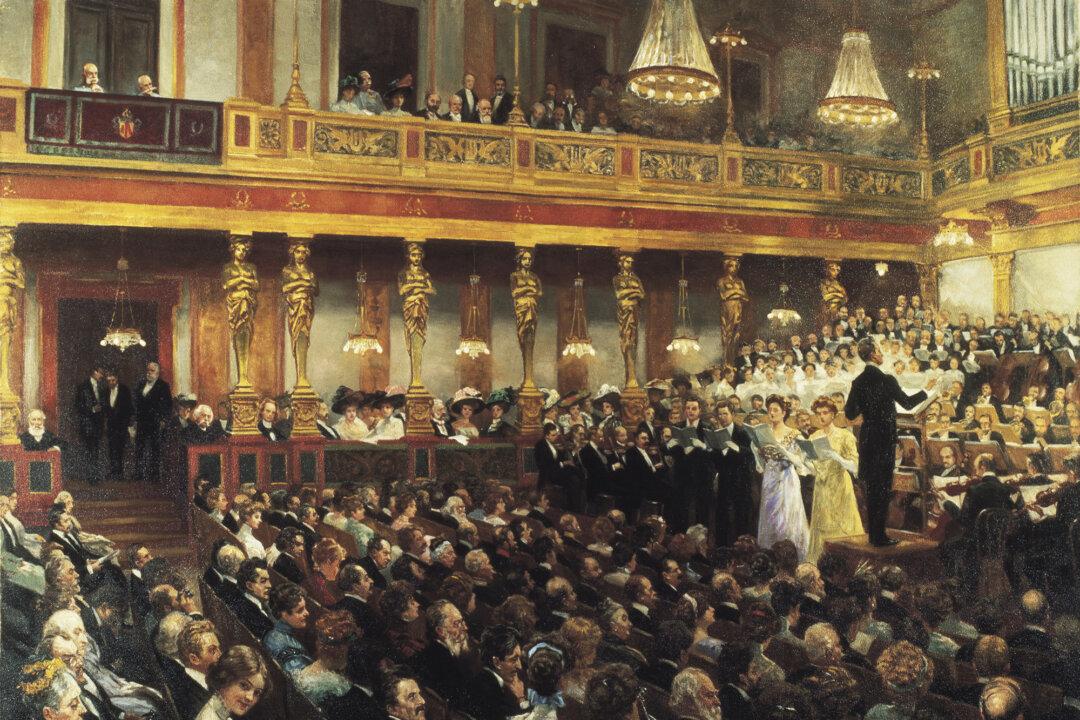Last spring found my neighbors unexpectedly homeschooling their grandchildren. The little ones racing by my house on scooters at “recess time,” grandparents in tow, were soon joined by a couple of older students.
Upon inquiry, it was discovered that their homeschool had expanded to another family caught high and dry by the lockdowns.






